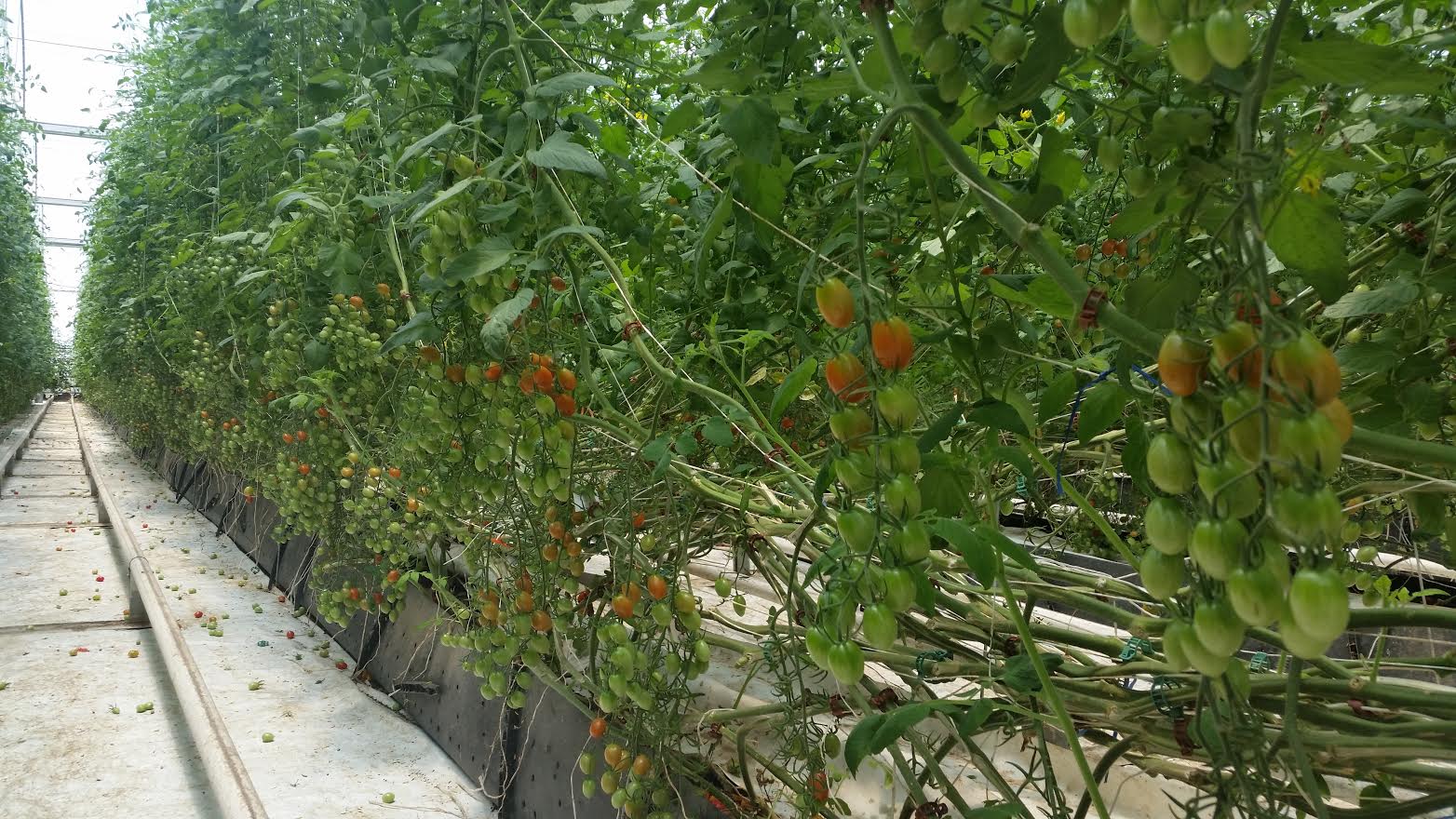
Mapal Plastics has existed for almost 30 years. In the last few years the company caters to the dramatic increase in the Organic & Biologic agriculture, primarily in the developed world.
Mapal’s Rub Zvi tells us:
There is a growing demand for Mapal growing systems in the organic & biologic worldwide markets.
In the North America countries, Canada, USA & Mexico, according to the OMRI (Organic Materials Review Institute) organization regulations, growers can use soilless growing technology when growing organic products.
We face growing demands also from India, China and some of the Far Eastern countries.
In Europe, a strong market for organic produce, the IFOAM (International Foundation of Organic Agriculture Movement) is the leading European regulator. The IFOAM doesn’t enable growing organic produce off the ground level, however, the EU growers are expanding their use of Biologic growing systems.
What are the main differences between Organic & Biologic growing systems?
The Organic sector follows very strict rules and regulations under the definitions set by IFOAM in Europe and OMRI in North America.
The Biologic sector is based on the organic regulations but is less stringent concerning the production process of the organic compounds both for pest control and organic fertilizers, regarding the use of some inorganic ingredients in a very minor quantities used by catalyzers.
Mapal was founded in 1985 and joined “Plazit Industries” in 2007.
The company’s agricultural department was established in an effort to respond to the growing interest and need of the worldwide agricultural community for soilless culture system solutions. It has since developed and expanded its professional soilless cultivation systems to include solutions for vegetables, herbs, cut flowers – mainly roses, strawberries and other berries.
Mapal aims to co-operate with IFOAM in an attempt to review and adjust the regulations, concerning the growing of organic plants using soilless culture technology. We hope to enter the EU areas with our soilless technology products for both organic and biologic growers.
Mapal’s troughs for organic & biologic growing technology are mainly 30-40 cm high and 40-60 cm wide.
For the moment, they are mainly used for growing different vegetables and berries, a very strong market for soilless organic farming.
Mapal‘s troughs are suitable for all kinds of substrates that growers use such as volcanic soil, coir – coco peat, perlite, rock wool, peat. Most of the substrates are combined with different compost materials using organic suited authorized fertilizers.
The troughs are extremely durable and are UV resistant as well as resistant to steam sterilization (MPS), chemicals and all acids.
The troughs have flexible dimensions (length, width, depth and thickness) and are easily assembled to best serve the grower’s needs.
As a matter of principle, all of Mapal’s growing systems are suitable for drainage collection and reuse or recycle the drainage water and nutrients thus insuring the soil is clean and not contained.
Mapal’s unique technology also offers a ventilation holes system. The ventilation system enables the substrate to be much more aeriated, because there is much more oxygen in the root zoon area. This extra oxygen plays an important role in the proper development of the plant roots system and in the better development of micro-organism in the roots area. It also helps to keep the worms used in the organic & biologic growing method to stay nearby the main centered area of the roots onion.
Mapal places emphasis on being an environmentally conscious enterprise and have ensured that their Agro products are environmentally friendly as well as fully recyclable.
More data about Mapal’s soilless growing systems can be found in https://www.mapalplastics.com/en/
Source: Israeli agriculture website www.israelagri.com
Comments
Post a Comment